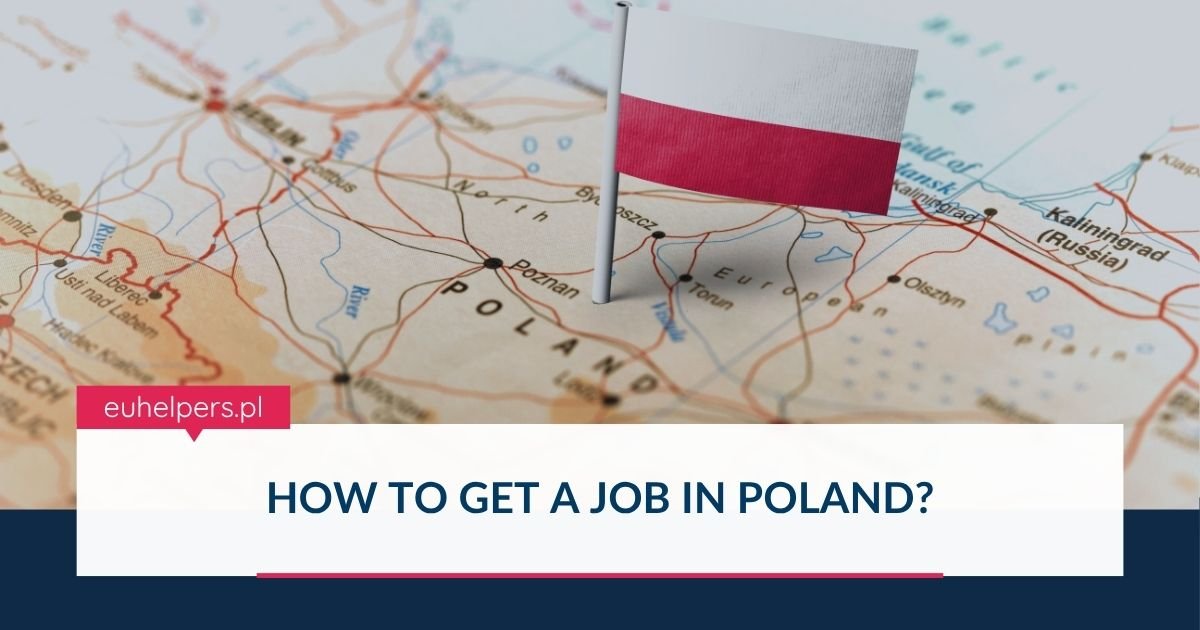Poland is becoming an increasingly attractive destination for foreign workers due to its growing economy, affordable cost of living, and expanding job market. For non-EU citizens, the process of finding a job involves more than just submitting applications — it includes navigating work permits, visas, and local requirements. Here’s a comprehensive guide to help you understand how to secure employment and relocate to Poland successfully.
1. Start by Finding a Job
Your journey begins with securing a job offer from a Polish employer. There are several effective ways to search for job opportunities:
Online Job Portals
Poland has a wide range of job websites that list thousands of openings across industries. Some of the most popular platforms include:
-
Pracuj.pl
-
Indeed Poland
-
LinkedIn
-
Careerjet.pl
These portals often allow filtering by industry, location, and language requirements.
Recruitment Agencies
Specialized agencies can help match your profile with suitable employers. Some agencies that work with foreign candidates include:
-
Dynamic Staffing Services
-
Time2work.pl
These firms can assist with job matching, documentation, and sometimes relocation support.
Networking
Establishing professional connections can significantly improve your chances of getting hired. Attend job fairs, industry events, and leverage platforms like LinkedIn to connect with professionals in your field.
Direct Applications
Many companies post job openings directly on their websites. If you have a target employer in mind, check their careers page and apply directly with a tailored application.
2. Prepare a Strong Application
Once you’ve identified opportunities, ensure your application meets Polish standards.
Polish CV and Cover Letter
Customize your CV to fit local expectations:
-
Use a clear, concise format.
-
Highlight relevant work experience and skills.
-
Include your contact details and a professional photo (common in Poland).
Your cover letter should express why you are a good fit for the role and how you align with the company’s goals.
Language Skills
While many multinational companies operate in English, having basic Polish language skills will give you a significant edge—especially in local firms or customer-facing roles.
3. Obtain a Job Offer and Handle Visa Requirements
If you are a non-EU citizen, you’ll need legal permission to work in Poland.
Employer’s Responsibility
Your prospective employer must apply for a work permit on your behalf. This document is essential for you to work legally in Poland and is typically tied to a specific role and company.
Visa Application Process
Once the work permit is approved, you will need to apply for a national visa (D-type) at the Polish embassy or consulate in your home country. Required documents generally include:
-
A valid passport
-
A signed employment contract or official job offer
-
Proof of qualifications and work experience
-
Work permit document
-
Completed visa application form
-
Passport-sized photographs
4. Other Important Considerations Before Moving
Before relocating to Poland, keep the following in mind:
Financial Means
You may be asked to show proof of sufficient financial resources to support yourself, especially during the initial months.
Health Insurance
Proof of valid health insurance is typically required as part of your visa application and for your stay in Poland.
Accommodation
Some visa types require evidence of accommodation. This could be a rental contract, a letter from a host, or confirmation from your employer if housing is provided.
Securing a job in Poland as a foreigner is entirely achievable with the right preparation. By actively searching for opportunities, tailoring your application materials, understanding the legal requirements, and preparing for life in Poland, you can build a successful career in this vibrant Central European country. Whether you work in IT, manufacturing, logistics, finance, or customer service, Poland offers diverse opportunities for skilled professionals from around the world.

